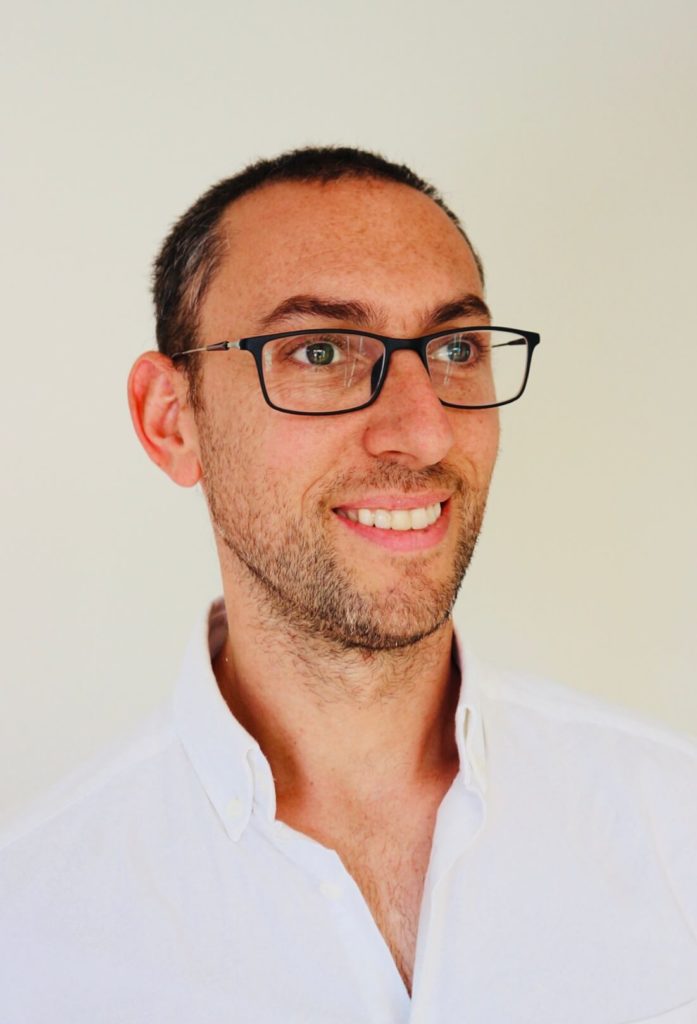“…You like to think that you’re immune to the stuff, oh yeah, it’s closer to the truth to say you can’t get enough.
You know you’re gonna have to face it, you’re addicted to love…”
Love addiction is a very real problem that can greatly impact your life. In the world of psychology, love addiction is defined as: a “pattern of behaviours that are characteristic of excessive interest in one or more romantic partners which leads to lack of control, reduced interested and other negative consequences for the individual.”
Are you obsessed with the passion and intensity of a new relationship – relationships that often end abruptly when the excitement is over? Is this obsession having negative consequences in your life?
Seeking – But Never Finding – Love?
How do you respond to these relationship questions?
- Do you find yourself feeling lost when it comes to love and relationships?
- Do you struggle to find a healthy relationship and make it work long term?
- Feeling stuck in what seems to be a never-ending cycle of pain and disappointment?
My client, Callum, felt that no matter what he did to make his relationships work, the love and excitement quickly faded and led to feelings of frustration and loss. What Callum didn’t realize when he sought my help was that he was deep in the cycle of love addiction – and this addiction was the driving force behind his decisions and subsequent failed relationships.
What was love addiction like for Callum?
He was falling quickly in love with new people, almost jumping out of one relationship and into another, driven by the excitement falling in love created for him.
He had cheated on several of his partners while “driven by desire.” As a result, he hurt the partners he genuinely cared for. He experienced some dramatic break-ups and lost his self-identity and self-worth in the process.
Are You Struggling with Love Addiction?
You may be suffering from love addiction if you:
- Are afraid of being single and alone
- Are constantly craving the thrill of a new relationship
- Find yourself daydreaming about romantic fantasies
- Daydream at work and make mistakes from poor concentration
- Struggle to tell the difference between lust and love
- Overlook negative characteristics in a new partner, such as controlling tendencies
- See your partner as having more value and worth than yourself
If you recognize any of these signs in yourself, you may be in the throes of a love addiction.
It’s Human Nature to Seek Love
From birth, we naturally seek out love and care from another person. Emotional bonds are important so that we grow and develop into healthy and emotionally aware adults.
People just don’t become love addicts. Typically, their parents or caregivers did not offer consistent love and as a result, a child’s need for love and validation was not met. A child is then left with a sense of desperation, fear and a craving to have needs met.
This yearning affects our discernment when choosing partners.
Unmet Needs Can Drive an Addictive Cycle
These unmet needs can turn into a chronic craving that can become so compulsive that it takes over your life. You believe you can only gain self-worth from another person – and that your own self-identity is found within a relationship. As a result, you will do anything to find a romantic partner to provide that care and love to cater to your emotional needs.
Callum discovered that he chose partners to feed his addictive cycle. He wasn’t in love with his partners – but with love itself. He could not grasp why his partners wanted to settle down into a comfortable routine rather than the nightly, exciting lovemaking he craved.
Callum needed this high level of personal attention and physical love to feed the cravings his love addiction created for him – but could seldom satisfy. The cycle continued as he sought the perfect partner.
Ending the Cycle of Love Addiction Starts with You
With my assistance, Callum was able to take a step back and observe his own behaviour in seeking – and keeping – relationships.
Together, we were able to break down each behaviour and:
- Discuss how it was dysfunctional
- Why it started
- The need it attempted to satisfy
We then examined what a healthy relationship would look like for Callum and the kinds of behaviour and thinking patterns that would open the doors for that relationship to happen. We also worked on helping him grieve his original injury of not receiving consistent nurturing as a child by learning how to compassionately work with the sadness and sense of loss inside him that drove his behaviour.
With ongoing guidance and support, Callum was able to break his love addiction. A year later, he is in the early stages of a promising new relationship based on mutual love and respect. He is slowly internalizing what a healthy relationship looks and feels like – and is learning how to sense his partner’s needs as well as his own.
Are you ready to take action and break the cycle of love addiction that’s keeping you running from one relationship to another, yet never feeling fulfilled? Contact me for a consultation – we’ll work together to help you overcome your love addiction.



